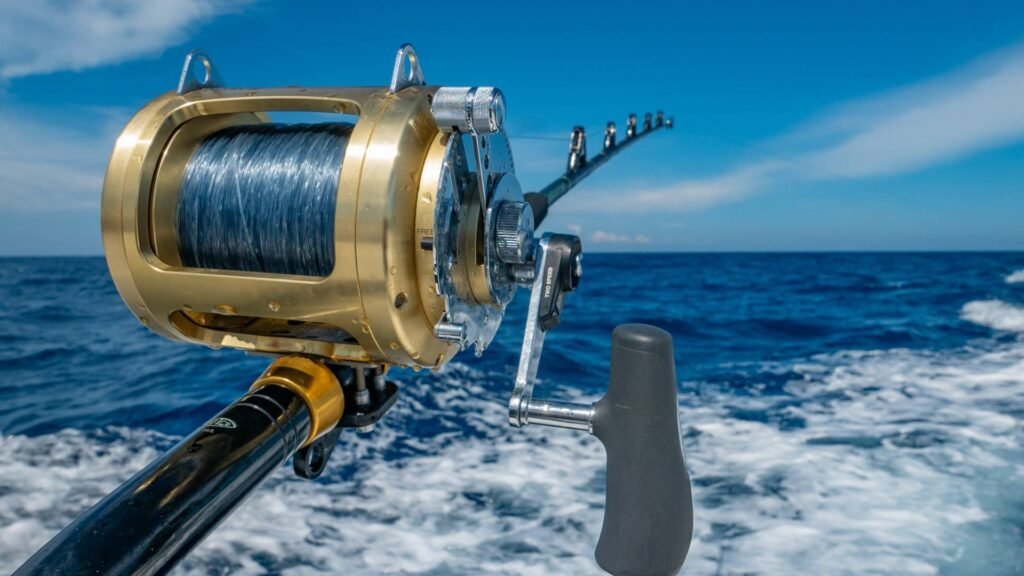Sea travel played a pivotal role in shaping the development and prosperity of early Greece, influencing its culture, economy, and military prowess. The Aegean Sea, with its numerous islands and coastal settlements, provided a natural highway for the Greeks to explore, trade, and interact with other civilizations.
Economic Benefits of Sea Travel:
- Trade and Commerce: Sea travel enabled the Greeks to establish extensive trade networks across the Mediterranean, exchanging goods like olive oil, wine, pottery, and metals for resources their land lacked, such as timber, grain, and precious metals. This trade fostered economic growth and stimulated the development of specialized crafts and industries.
- Colonization and Expansion: The Greeks’ maritime skills allowed them to establish colonies across the Mediterranean, expanding their influence and access to new markets and resources. These colonies served as outposts for trade, cultural exchange, and military defense.
- Cultural Exchange and Influence: Sea travel exposed the Greeks to diverse cultures and ideas, influencing their art, literature, philosophy, and scientific advancements. They adopted and adapted elements from other civilizations, enriching their own cultural heritage.
Military Significance of Sea Travel:
- Naval Power and Expansionism: The Greeks’ mastery of the sea transformed them into a formidable naval power. Their well-trained and equipped fleets enabled them to defend their coastal cities, project their influence across the Mediterranean, and engage in naval warfare to expand their territories.
- Strategic Advantage and Protection: Sea travel provided the Greeks with a strategic advantage, allowing them to swiftly move troops and supplies to defend their borders and launch offensive campaigns. Their naval dominance ensured control of trade routes and protected their maritime interests.
- Exploration and Discovery: The Greeks’ seafaring skills fueled their spirit of exploration. They ventured beyond the familiar waters of the Aegean, reaching the Black Sea, the Atlantic coast of Africa, and even the shores of India. These voyages expanded their geographical knowledge and opened new frontiers for trade and colonization.
In conclusion, sea travel was not just a means of transportation for early Greece; it was a lifeline that connected them to the world, enabling them to flourish as a prosperous and influential civilization.
Their mastery of the sea shaped their economic prosperity, cultural enrichment, and military dominance, leaving an indelible mark on the course of history.

